Entertainment
Marlo Thomas Recalls Matt LeBlanc’s Sweet Gesture to Her on ‘Friends’ Set on September 16, 2023 at 1:00 pm Us Weekly
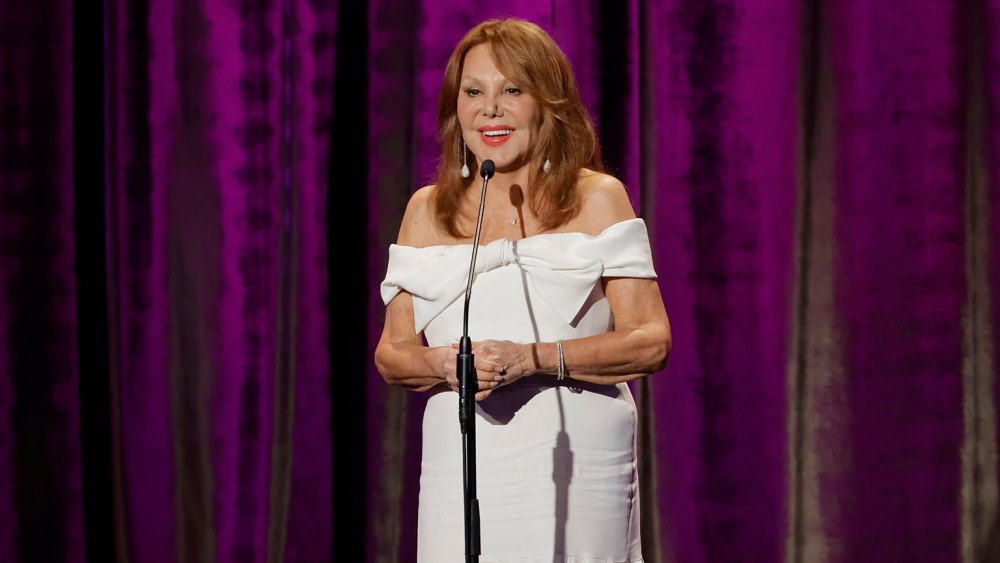
Marlo Thomas was only in three episodes of Friends, but one star left a lasting impression.
Matt LeBlanc, who played Joey Tribiani, was scripted to kiss the Emmy winner in one episode of the NBC comedy — but he wasn’t about to smooch the iconic actress without getting her consent.
“When I played Rachel’s mom on Friends, Matt LeBlanc was [supposed] to kiss me,” Thomas, 85, exclusively reveals in Us Weekly‘s 25 Things You Don’t Know About Me feature. “Before the scene, Matt shyly asked my permission to really lay one on me. So cute!”
If only all the men in her life were so polite. Thomas — whose latest collaboration with Williams Sonoma is available now — also revealed her most mortifying moment was when her dad, late comic Danny Thomas, told a personal anecdote about her on national television.
“The most embarrassing moment of my childhood was when my father described my training bra on The Tonight Show Starring Johnny Carson,” Thomas tells Us.
Scroll down for more things fans might not know about Thomas:
1. When I played Rachel’s mom on Friends, Matt LeBlanc was [supposed] to kiss me. Before the scene, Matt shyly asked my permission to really lay one on me. So cute!
2. I don’t own a microwave. Anything that makes a baked potato in 5 minutes will kill you.
3. I never think of death until I watch cable and see all the ways I can die.
4. I first met my husband [Phil Donahue] as a guest on his talk show. We flirted like mad.
5. As a kid, we all traveled to stay with my dad at whatever hotel where he was headlining. I was 18 before I realized every hotel room didn’t have a piano in it.
6. If you point me in the right direction, I can actually pilot a yacht.
7. I turned down Rosemary’s Baby. Thought it was going to be some shlocky horror movie.
8. When I was growing up, we always had at least two comedians at our dinner table.
9. My earliest acting roles were a Hawaiian, an Arab terrorist and a Chinese mail-order bride — until I became the girl next door.
10. If it’s chocolate, I’ll eat it.
11. As a little girl, I was constantly furious that the princesses in my storybooks were all blondes.
12. When I’m touring with a play, my post-performance dinner is always straight from the hotel minibar: Snickers and an Amstel Light.
13. My godmother was Loretta Young.
14. The most embarrassing moment of my childhood was when my father described my training bra on The Tonight Show Starring Johnny Carson.
15.If I had to do it all over again, I’d be a stand-up comedian.
16. I graduated college as an English teacher but thought better of it, for the kids’ sake.
17. I’m not sure what 6 o’clock means to you. To me, it means champagne.
18. When I moved in with Phil and his sons, they had their names on their jockey shorts. It was the first time I was with a man who had “Dad” on his underwear.
19. My 70-year-old grandmother played the drums in a beer garden in Pasadena.
20. I’m the fastest reader of anyone I know. And if the book is good, I’m a Nascar driver.
21. I binged the second season of White Lotus in one day.
22. As a Beverly Hills kid, we lived down the street from Elizabeth Taylor and watched her drive off in her bridal gown to her first of eight weddings.
23. My father loved my college boyfriend so much that he gave him a pickup truck — after we broke up.
24. I have a mental block on where apostrophes are supposed to go on S-words.
25. If I was stranded on a desert island with one other person, [it’d be] Jerry Seinfeld. I just want to laugh.
Marlo Thomas was only in three episodes of Friends, but one star left a lasting impression. Matt LeBlanc, who played Joey Tribiani, was scripted to kiss the Emmy winner in one episode of the NBC comedy — but he wasn’t about to smooch the iconic actress without getting her consent. “When I played Rachel’s mom
Us Weekly Read More
Entertainment
What We Can Learn Inside 50 Cent’s Explosive Diddy Documentary: 5 Reasons You Should Watch
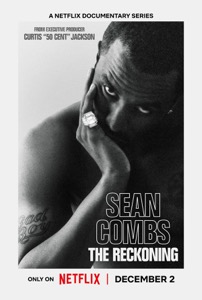
50 Cent’s new Netflix docuseries about Sean “Diddy” Combs is more than a headline-grabbing exposé; it is a meticulous breakdown of how power, celebrity, and silence can collide in the entertainment industry.
Across its episodes, the series traces Diddy’s rise, the allegations that followed him for years, and the shocking footage and testimonies now forcing a wider cultural reckoning.
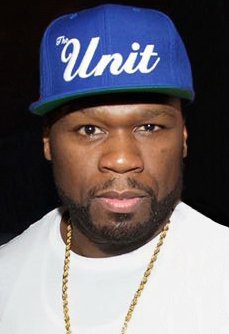
1. It Chronicles Diddy’s Rise and Fall – And How Power Warps Reality
The docuseries follows Combs from hitmaker and business icon to a figure facing serious criminal conviction and public disgrace, mapping out decades of influence, branding, and behind-the-scenes behavior. Watching that arc shows how money, fame, and industry relationships can shield someone from scrutiny and delay accountability, even as disturbing accusations accumulate.
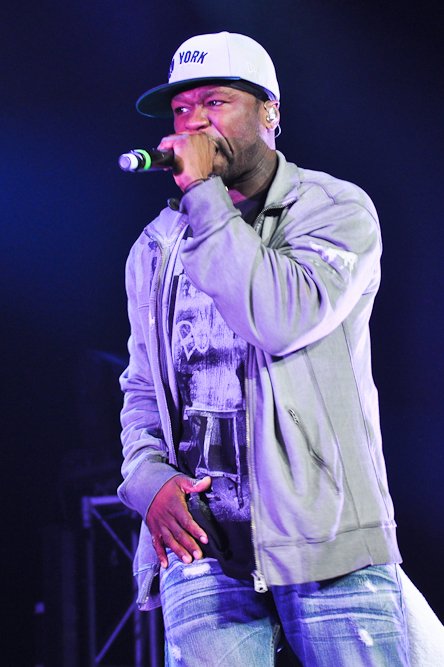
2. Never-Before-Seen Footage Shows How Narratives Are Managed
Exclusive footage of Diddy in private settings and in the tense days around his legal troubles reveals how carefully celebrity narratives are shaped, even in crisis.
Viewers can learn to question polished statements and recognize that what looks spontaneous in public is often the result of strategy, damage control, and legal calculation.
3. Survivors’ Stories Highlight Patterns of Abuse and Silence
Interviews with alleged victims, former staff, and industry insiders describe patterns of control, fear, and emotional or physical harm that were long whispered about but rarely aired in this detail. Their stories underline how difficult it is to speak out against a powerful figure, teaching viewers why many survivors delay disclosure and why consistent patterns across multiple accounts matter.
4. 50 Cent’s Approach Shows Storytelling as a Tool for Accountability
As executive producer, 50 Cent uses his reputation and platform to push a project that leans into uncomfortable truths rather than protecting industry relationships. The series demonstrates how documentary storytelling can challenge established power structures, elevate marginalized voices, and pressure institutions to respond when traditional systems have failed.
5. The Cultural Backlash Reveals How Society Handles Celebrity Accountability
Reactions to the doc—ranging from people calling it necessary and brave to others dismissing it as a vendetta or smear campaign—expose how emotionally invested audiences can be in defending or condemning a famous figure. Watching that debate unfold helps viewers see how fandom, nostalgia, and bias influence who is believed, and why conversations about “cancel culture” often mask deeper questions about justice and who is considered too powerful to fall.
Entertainment
South Park’s Christmas Episode Delivers the Antichrist
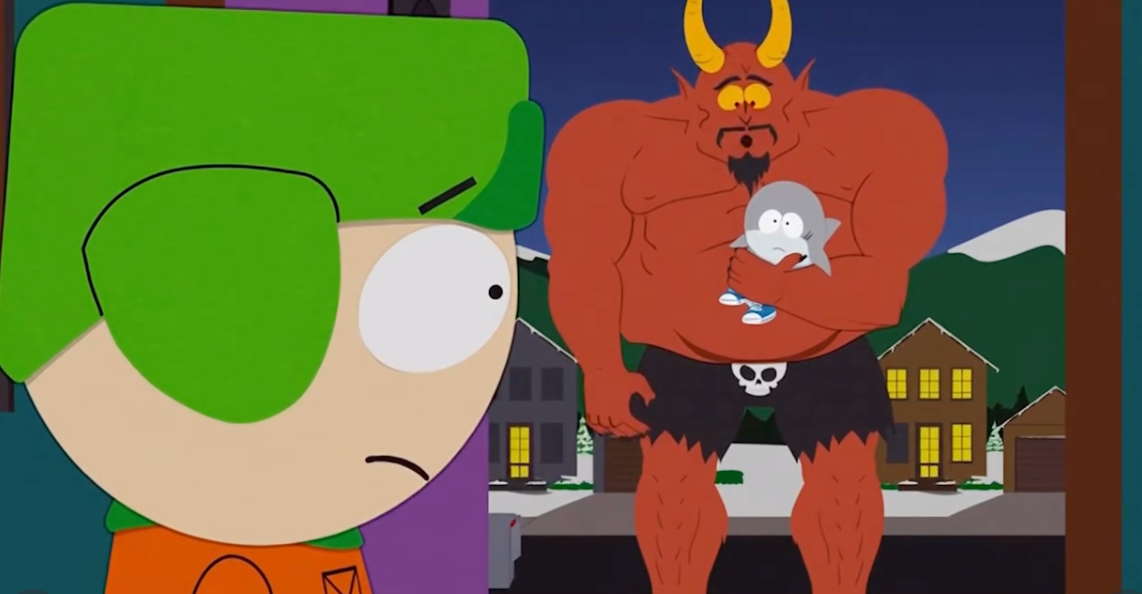
A new Christmas-themed episode of South Park is scheduled to air with a central plot in which Satan is depicted as preparing for the birth of an Antichrist figure. The premise extends a season-long narrative arc that has involved Satan, Donald Trump, and apocalyptic rhetoric, positioning this holiday episode as a culmination of those storylines rather than a stand‑alone concept.
Episode premise and season context
According to published synopses and entertainment coverage, the episode frames the Antichrist as part of a fictional storyline that blends religious symbolism with commentary on politics, media, and cultural fear. This follows earlier Season 28 episodes that introduced ideas about Trump fathering an Antichrist child and tech billionaire Peter Thiel obsessing over prophecy and end‑times narratives. The Christmas setting is presented as a contrast to the darker themes, reflecting the series’ pattern of pairing holiday imagery with controversial subject matter.
Public and political reactions
Coverage notes that some figures connected to Donald Trump’s political orbit have criticized the season’s portrayal of Trump and his allies, describing the show as relying on shock tactics rather than substantive critique. Commentators highlight that these objections are directed more at the depiction of real political figures and the show’s tone than at the specific theology of the Antichrist storyline.
At the time of reporting, there have not been widely reported, detailed statements from major religious leaders focused solely on this Christmas episode, though religion-focused criticism of South Park in general has a long history.
Media and cultural commentary
Entertainment outlets such as The Hollywood Reporter, Entertainment Weekly, Forbes, Slate, and USA Today describe the Antichrist arc as part of South Park’s ongoing use of Trump-era and tech-world politics as material for satire.
Viewer guidance and content advisory
South Park is rated TV‑MA and is intended for adult audiences due to strong language, explicit themes, and frequent use of religious and political satire. Viewers who are sensitive to depictions of Satan, the Antichrist, or parodies involving real political figures may find this episode particularly objectionable, while others may view it as consistent with the show’s long‑running approach to controversial topics. As with previous episodes, individual responses are likely to vary widely, and the episode is best understood as part of an ongoing satirical series rather than a factual or theological statement.
Entertainment
Sydney Sweeney Finally Confronts the Plastic Surgery Rumors
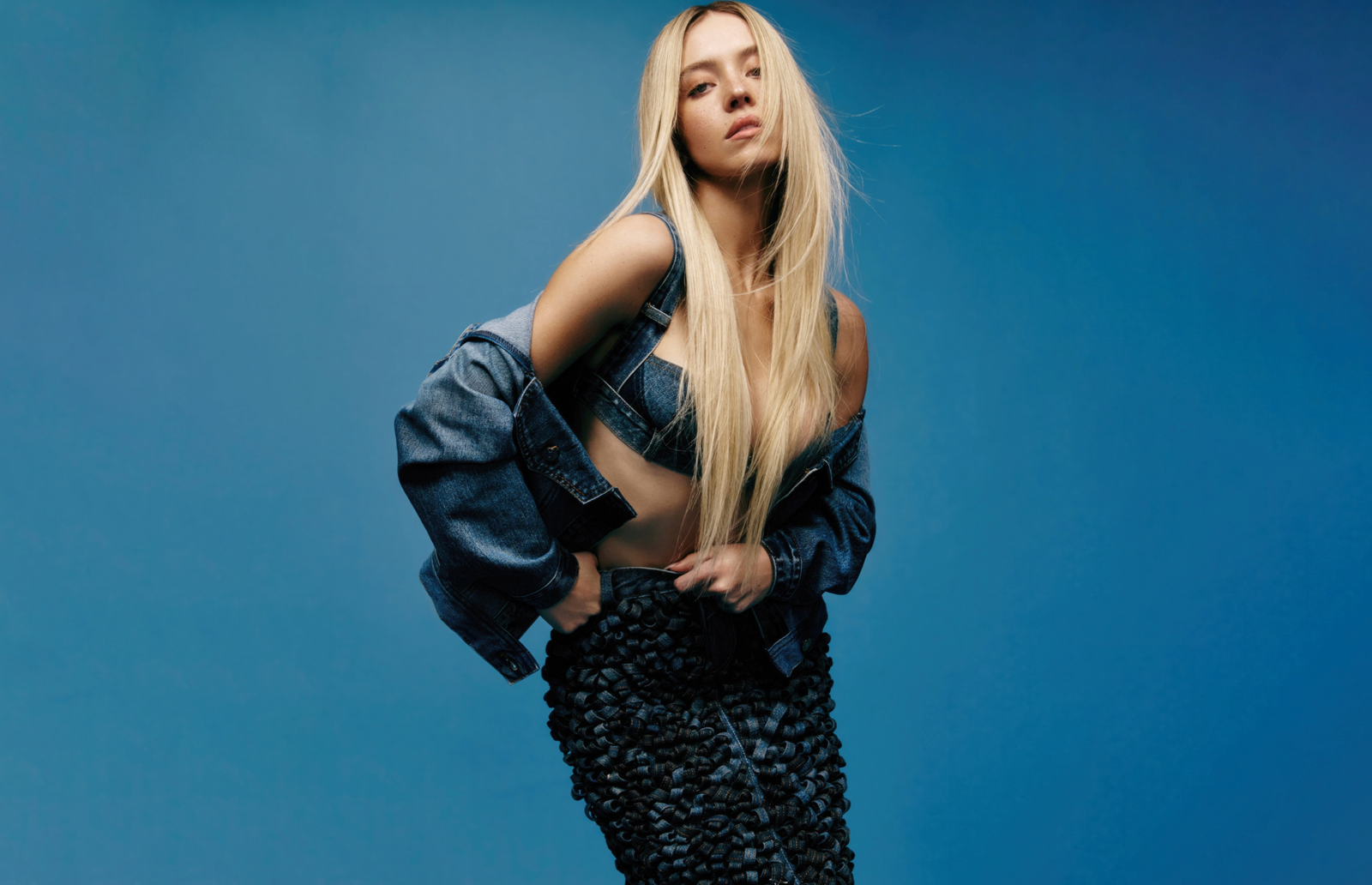
Sydney Sweeney has decided she is finished watching strangers on the internet treat her face like a forensic project. After years of side‑by‑side screenshots, “then vs now” TikToks, and long comment threads wondering what work she has supposedly had done, the actor is now addressing the plastic surgery rumors directly—and using them to say something larger about how women are looked at in Hollywood and online.
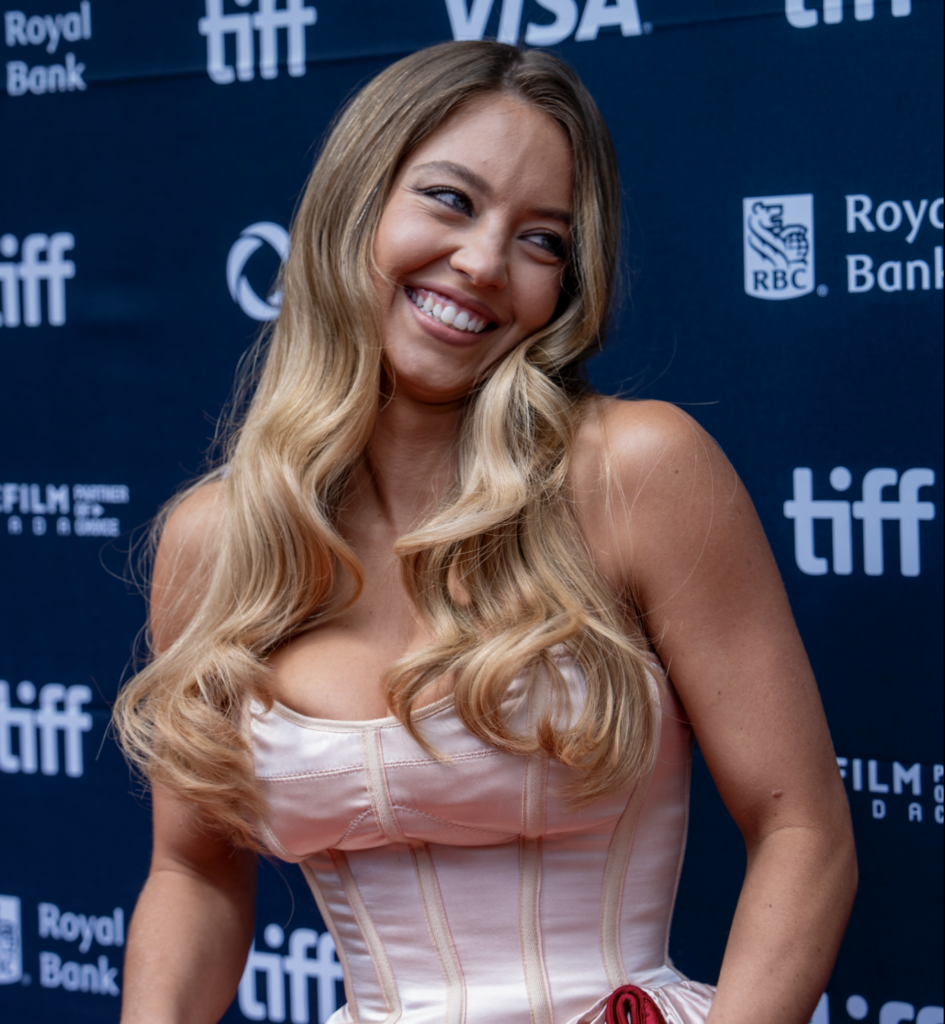
Growing Up on Camera vs. “Before and After” Culture
Sweeney points out that people are often mistaking normal changes for procedures: she grew up on camera, her roles now come with big‑budget glam teams, and her body has shifted as she has trained, aged, and worked nonstop. Yet every new red‑carpet photo gets folded into a narrative that assumes surgeons, not time, are responsible. Rather than walking through a checklist of what is “real,” she emphasizes how bizarre it is that internet detectives comb through pores, noses, and jawlines as if they are owed an explanation for every contour of a woman’s face.
The Real Problem Isn’t Her Face
By speaking up, Sweeney is redirecting the conversation away from her features and toward the culture that obsesses over them.
She argues that the real issue isn’t whether an actress has had work done, but why audiences feel so entitled to dissect her body as public property in the first place.
For her, the constant speculation is less about curiosity and more about control—another way to tell women what they should look like and punish them when they do not fit. In calling out that dynamic, Sweeney isn’t just defending herself; she is forcing fans and followers to ask why tearing apart someone else’s appearance has become such a popular form of entertainment.

 Film Industry1 week ago
Film Industry1 week ago10 Ways Filmmakers Are Building Careers Without Waiting for Distributors

 Film Industry7 days ago
Film Industry7 days agoTurning One Short Film into 12 Months of Content

 Film Industry4 days ago
Film Industry4 days agoHow to Write a Logline That Makes Programmers Hit Play

 Film Industry11 hours ago
Film Industry11 hours agoAI Didn’t Steal Your Job. It Revealed Who Actually Does the Work.

















